Who qualifies to be your dependent when you file your Income Tax Return?
Who qualifies to be your dependent when you file
your Income Tax Return?
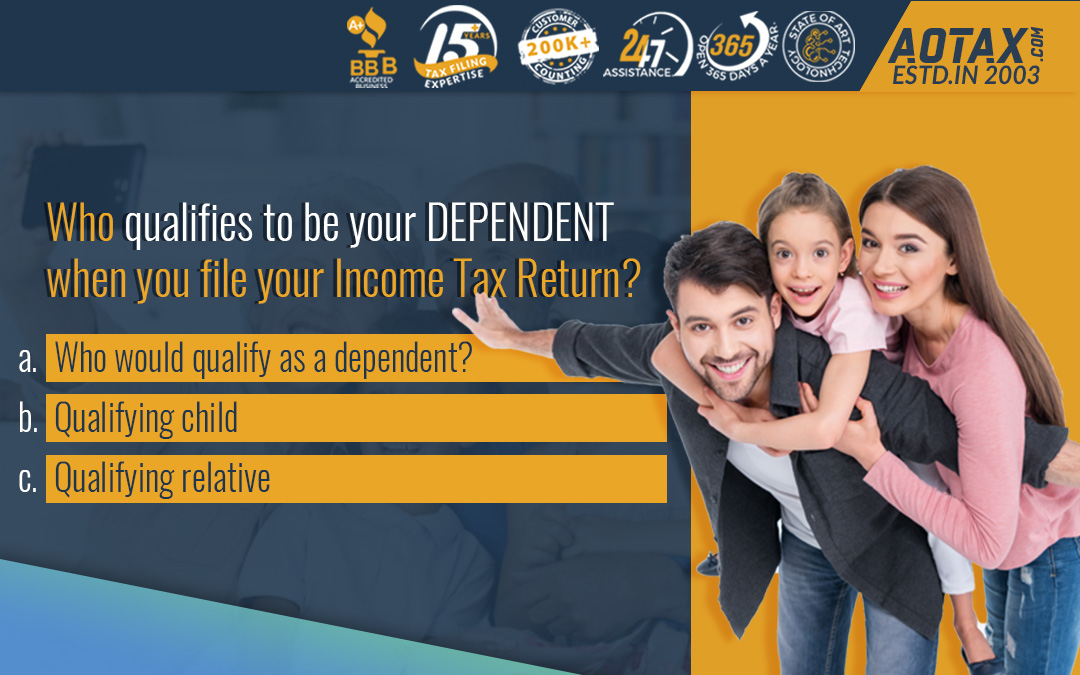
By claiming your dependents, you would be able to save a huge amount of taxes. So, if you have a family you must know how the dependents are defined by the IRS for income tax purposes. However, you may not completely aware of who in your family can qualify as your dependent or not.
Who would qualify as a dependent?
Mainly, there are two types of dependents i.e.
- Your qualifying child
- A qualifying relative
In both the conditions, the below-mentioned criteria must be fulfilled for qualifying to become dependent.
- The person must be a US citizen, a US resident, a US national, or a Canadian/Mexican resident. Some people think of claiming a foreign exchange student who is staying with them temporarily. This is feasible only if the foreign exchange student fulfills this above-mentioned condition.
- You would not be able to claim a person as your dependent if he claims a personal exemption for himself or is claiming another dependent on his tax forms.
- You would not be able to support the claim of a person who is married and files taxes jointly with his spouse.
Qualifying child.
- To be a qualifying child, the child doesn’t need to be your biological child. The child must be related to you and can be your brother, sister, adopted child, stepchild, niece, or nephew as well.
- The qualifying child must be below the age of 19 years unless he is suffering from some disability (permanent and total). However, there is an exception to this rule and you can claim a child in case of him being below the age of 24 years and being a full-time student for a minimum period of 5 months in a year.
- The child should be a citizen of the US, US national, or a United States/Canadian/Mexican resident.
- A child would be qualifying if he is dependent but not self-supporting. He must be living with you for more than a year unless there are exceptions like living with the other parent in cases of divorce or being temporarily absent, etc.
- If you and your spouse have been divorced then, you can use the tie-breaker rules found in the IRS Publication 501. These tie-breaker rules are the basis for the establishment of income, the parentage, and even the residency requirements for claiming the child.
Qualifying relative.
In case, you are supporting your parents or any other relative then certain conditions should be fulfilled to claim the dependency exemption.
- The person whom you are supporting should be your relative and this category of relatives would include:-
- Your biological child, your foster child, your stepchild, or, your grandchild.
- Your siblings, half-brother, half-sister, stepbrother, step-sister, or the descendants of your siblings.
- Your parents, stepfather, stepmother, grandparents, or other ancestors.
- Uncle or Aunt such as brother or sister of your parents
- Your in-laws can include your father-in-law, mother-in-law, daughter-in-law, son-in-law, brother-in-law, or sister-in-law. However, this can only be feasible when the marriage is active and not if there has been a divorce or separation.
- The person whom you are supporting must have a taxable income not more than $4200 in the year 2019. However, this limit goes up every year with the changing rules.
- The relative who would be qualifying for obtaining a tax exemption must have been living at your residence throughout the year or would be on the list of those people who do not live with you.
- You should have paid for the support of the person in more than half of the person is being supported by multiple people who agree in multiple support agreements that the exemption can be claimed by you.
Conclusion.
So, the process of including qualified dependents for claiming tax exemptions is one of the best benefits which you can avail. By claiming these dependents, you can very easily avail several tax credits and deductions which would help in reducing your tax bills. Hence, you must understand carefully the qualifying criteria for claiming dependents failing which you would miss the opportunity of availing the benefit of low tax bills.

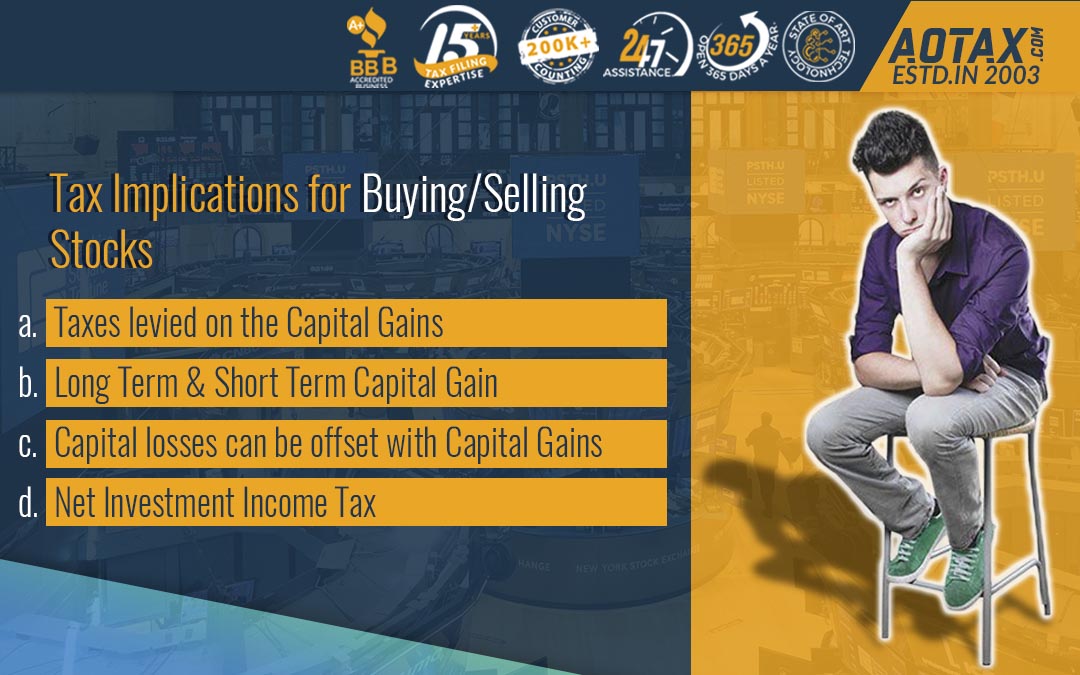
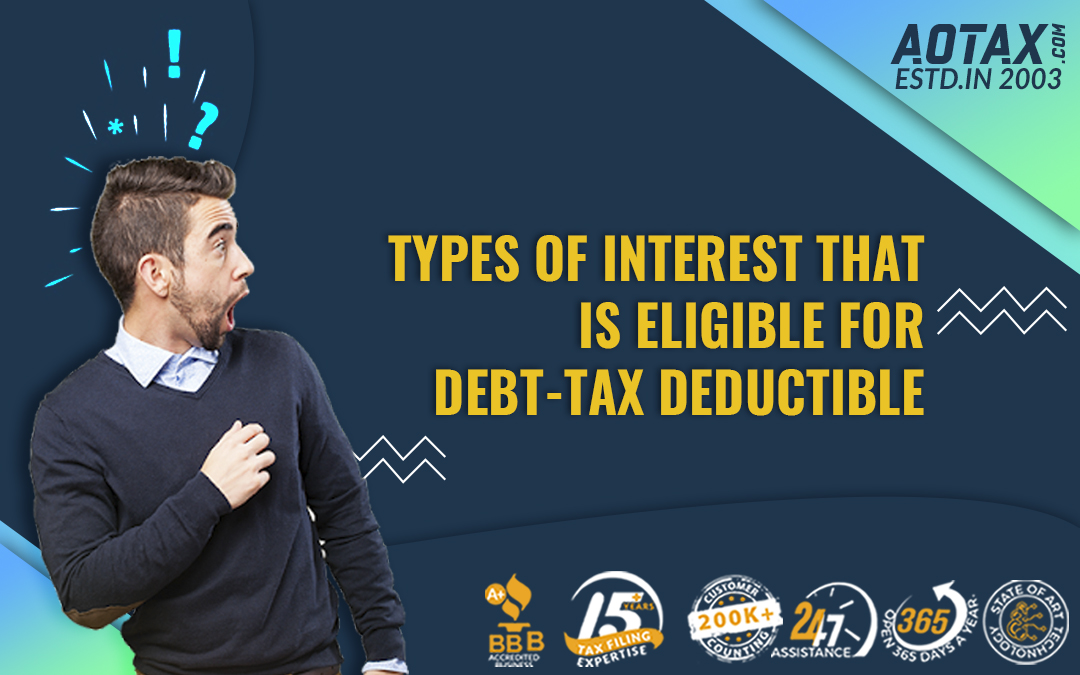
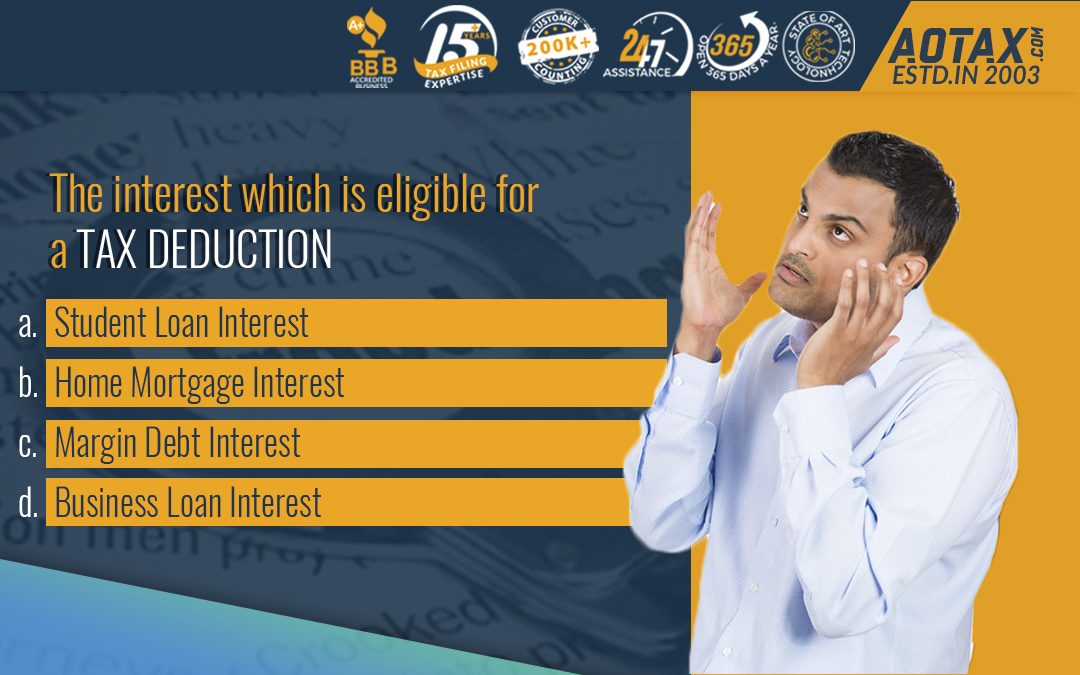

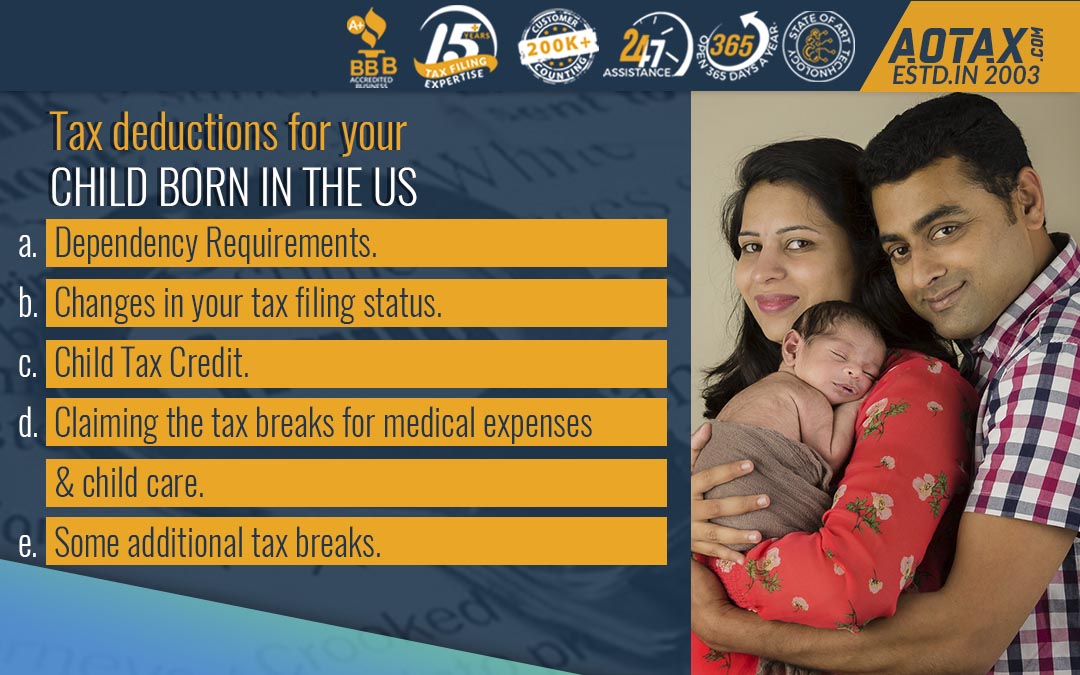


Recent Comments